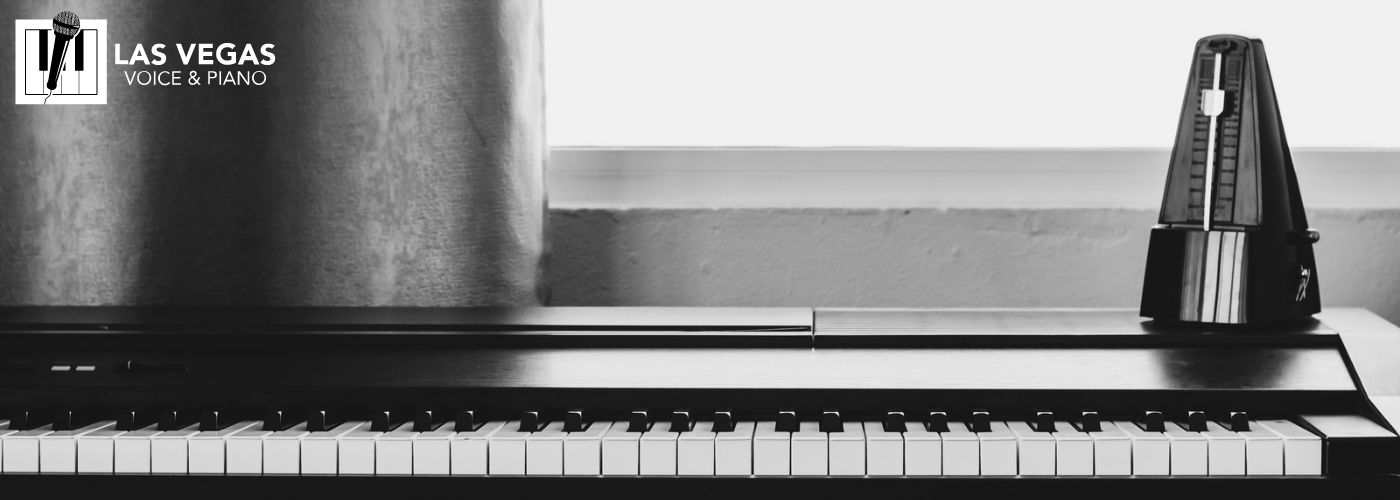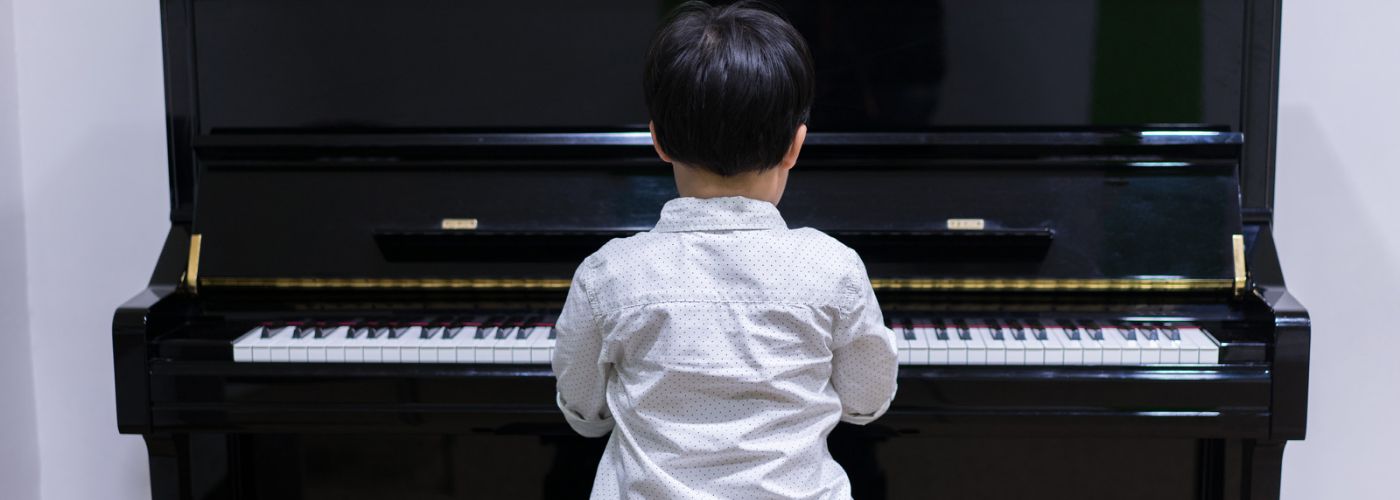Music is an art that requires not only talent and creativity but also a strong sense of timing. Whether you are a beginner or an experienced musician, staying within time can be challenging at times. This blog will provide tips on how to stay within time in music, including techniques for improving rhythm, using metronomes effectively, and learning to listen carefully to other instruments in the band.
What Does It Mean To Be In Time In Music?
Being in time is an essential aspect of music, and it refers to the ability of a musician or performer to play in sync with the beat, rhythm, tempo, and meter of a particular piece.
It is the foundation upon which all musical performances are built. Even the most exquisite melodies can sound out of place without proper timing.
In essence, being in time implies having excellent control over one’s instrument or voice and understanding how it fits into the broader context of a musical composition.
To be on time requires extensive practice and discipline. Musicians must be able to internalize the rhythm of a piece and develop muscle memory that allows them to execute each note confidently and accurately without rushing ahead or lagging behind.
However, being in time means that you’re playing within the allowed space of a time signature. It’s important to start by counting the beats out loud to be in time within a time signature. You can also play within time with the help of professional piano lessons.
This helps you internalize the pulse of the music and ensures that you’re not rushing or dragging your playing or singing. You can also use a metronome to help keep your timing steady — set it to the tempo of the piece you’re working on and practice playing or singing along with it until you feel confident staying in rhythm.
How To Use A Metronome
A metronome is an essential tool for any musician. It’s a device that produces regular, steady beats to help you keep time while practicing or performing music. Using a metronome can help you improve your timing, rhythm, and overall musicality.
To use a metronome, first start by setting the tempo or speed of the beat. This can be done by adjusting the dial on the device or using an app on your phone. Once you’ve set the tempo, begin playing along with the metronome.
Try to match your playing with the beat as closely as possible. If you find yourself struggling to keep up with the tempo, slow it down and gradually work your way up to faster speeds.
As you become more comfortable using a metronome, experiment with different rhythms and time signatures. This allows you to explore your creative side!
How Do Musicians Keep Time Live?
Musicians have to stay in sync with one another during live performances, and this requires a great deal of timing and coordination. There are a number of different techniques that musicians use to keep time, ranging from visual cues to subtle changes in tempo.
One common method is using a metronome, which produces an audible click at the designed time signature and beats per minute (BPM). Musicians can adjust their playing based on the clicks, allowing them to stay perfectly in time with one another.
Another key technique for keeping time is listening closely to other members of the band. This requires a great deal of concentration and focus, as musicians must be able to anticipate when others will start or stop playing certain sections.
Many musicians also rely on physical cues such as nods or gestures from other band members, helping them stay on track even if they lose focus for a moment.
While it’s important to practice your instrument individually, it’s equally important to practice with your band members together just as much. This helps to lock in your band as one solid unit that plays with each other perfectly. Practice will also build your hand independence with every lesson!
Can You Practice Being Within Time?
Timing in music refers to the ability to play or sing notes at precisely the right time. It involves having complete control over your rhythm and tempo so that you can seamlessly play along with other musicians or tracks.
One way to improve your timing is by practicing with a metronome or drum machine. These tools can help you develop a strong sense of rhythm by providing a steady beat you must follow. The metronome teaches discipline for practicing within a time signature.
Another way to practice being in time within music is through ear training exercises. At Las Vegas Voice & Piano, we are dedicated to helping you improve your timing and rhythmic skills. Our lessons use a variety of tools to help you develop a strong sense of rhythm and timing in music.
How Can I Improve My Rhythm Sense?
Rhythm sense is a crucial aspect of music that separates amateurs from professional musicians. It’s the ability to feel and understand the beat, tempo, and timing of a song, which makes it easier for you to create or play music that sounds natural and enjoyable. Many people struggle with rhythm sense, but fortunately, there are several ways to improve it.
Firstly, practice tapping your foot or clapping your hands along with different songs. This helps you develop an internal metronome that will guide you when playing instruments or singing.
Secondly, listen carefully to the drumbeat in songs and try to mimic it on your own instrument. This exercise will enhance your sense of timing and beats subdivision.
Lastly, build your natural sense of timing through metronome practices. This helps to build an internal clock when playing your music naturally. Once you have a great sense of timing, try to play along with different genres of music that you’re not used to!
Overall, keep all of these tips in mind when wanting to practice your sense of time. For those needing extra help, then consider collaborating with a piano teacher to increase your sense of time.




Continue Reading
Creative Ways to Encourage Practice at Home for Young Musicians
Have you ever watched a child lose interest in their instrument after just a few
Jul
Top Breath Control Exercises For Singers
Have you ever noticed how some singers seem to effortlessly hold long notes while others
Jun
How Does The Suzuki Piano Method Work?
Have you ever wondered why some children seem to pick up music so effortlessly? The
May